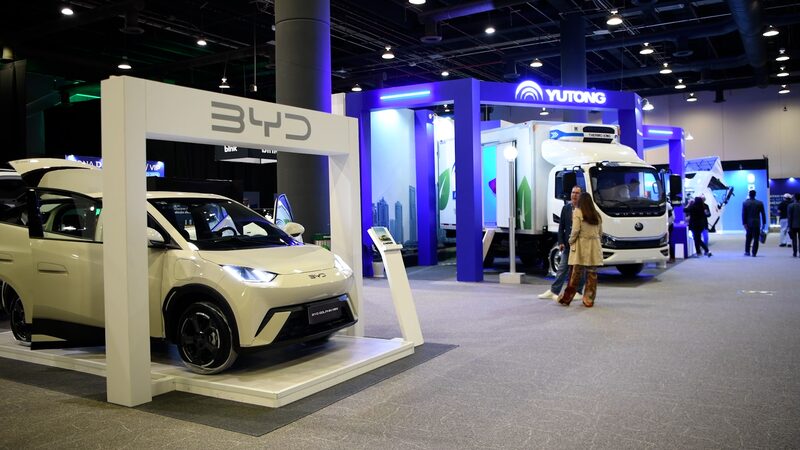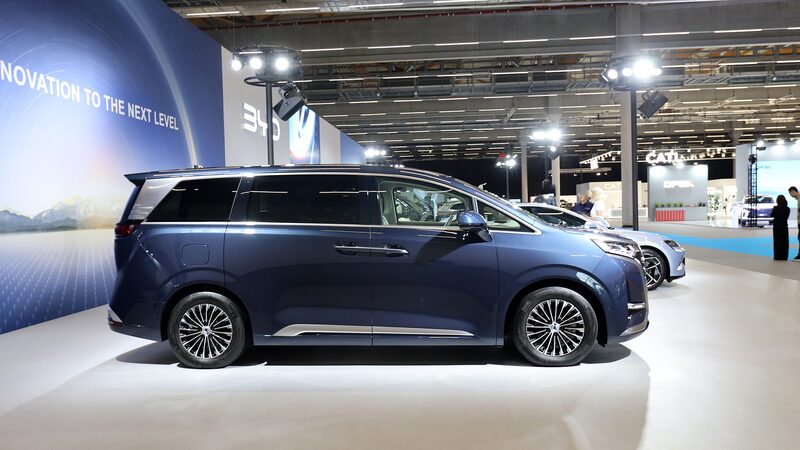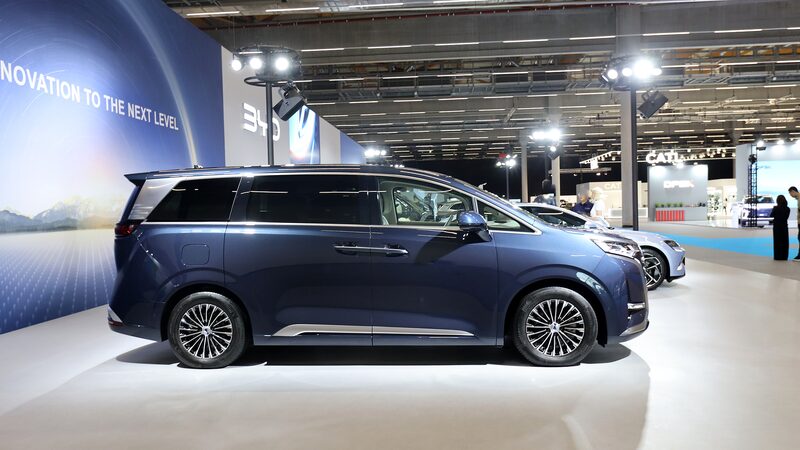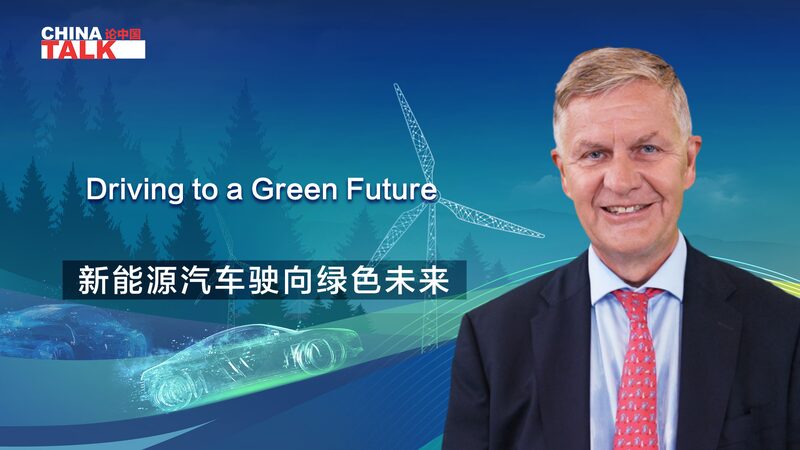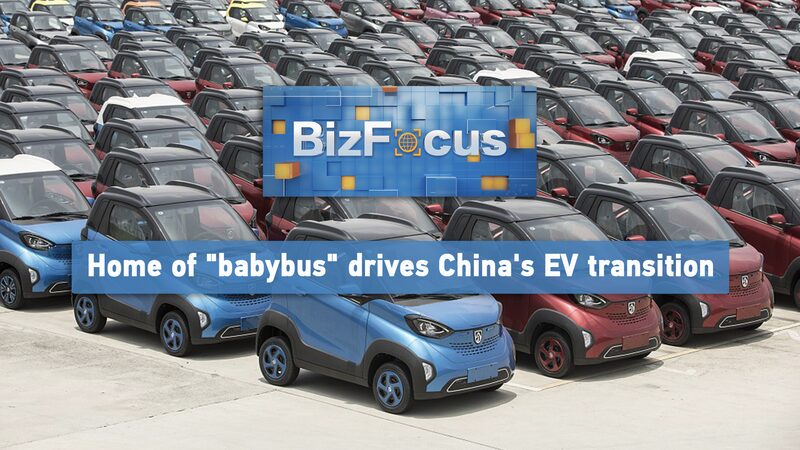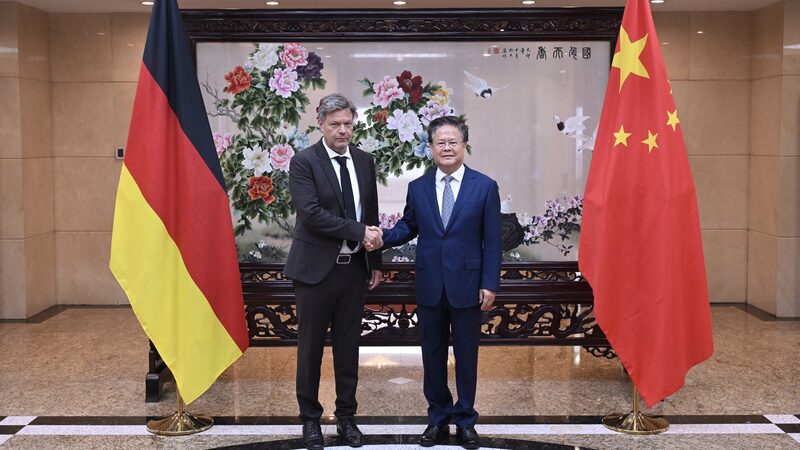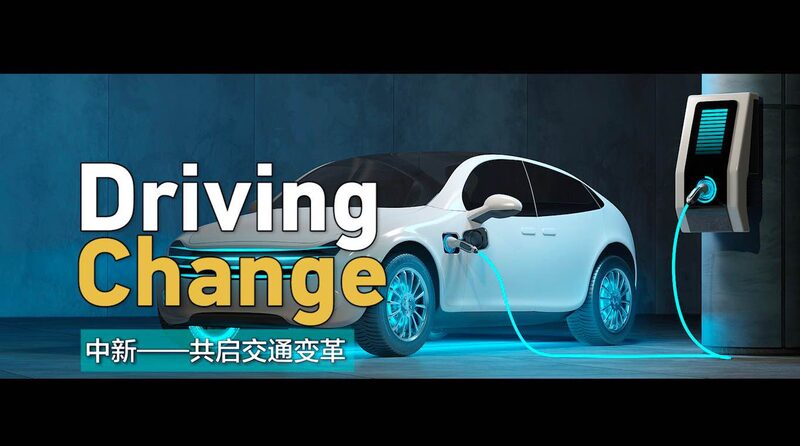The bustling metropolis of Mexico City recently hosted a pivotal Mobility Summit, drawing attention to the rapid adoption of electric vehicles (EVs) and the pressing need for robust supporting infrastructure. As EVs become an increasingly common sight on roads worldwide, stakeholders from various sectors gathered to address the challenges and opportunities presented by this transportation revolution.
Individuals, private enterprises, and public services are all accelerating the transition toward electric mobility. This shift is not only transforming the automotive industry but also reshaping urban planning and environmental policies. The summit highlighted that while the enthusiasm for EVs is global, developing countries face unique hurdles in building the necessary infrastructure to support this emerging technology.
Speakers at the summit underscored the importance of investing in charging stations, grid capacity, and sustainable energy sources. They emphasized that collaborative efforts between governments, investors, and technological innovators are essential to ensure that the benefits of electric mobility are accessible to all regions, not just the more affluent ones.
Experts pointed out that the adoption of EVs in developing nations like Mexico could significantly contribute to reducing carbon emissions and combating climate change. However, without adequate infrastructure, these countries risk lagging behind in the global shift toward sustainable transportation.
The event served as a platform for sharing insights, proposing solutions, and fostering partnerships aimed at bridging the infrastructure gap. Participants left with a renewed commitment to drive progress in electric mobility, recognizing that the future of transportation hinges on the ability to support EVs universally.
Reference(s):
cgtn.com
